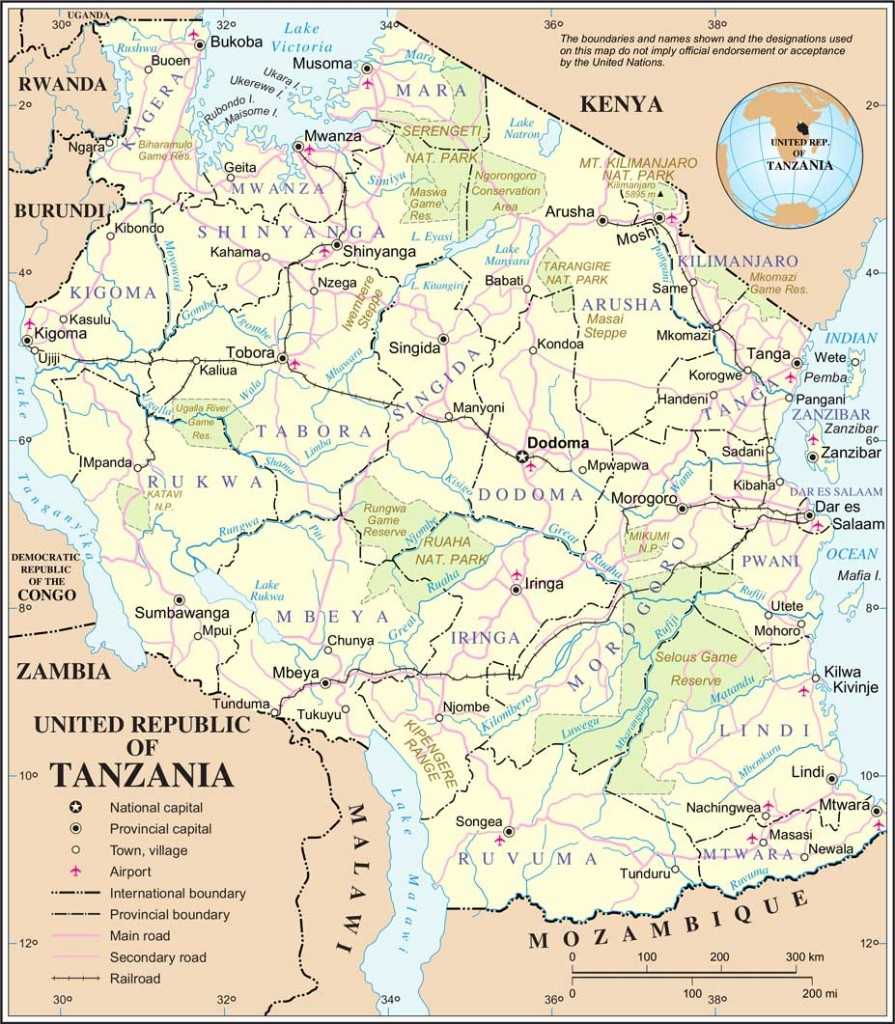
Four UFV students studied food security while on a hands-on trip in East Africa last summer.
The UFV geography department recently received $300,000 from the Queen Elizabeth Scholarship Fund. This funding allows UFV to send a total of 26 students to Eastern Africa for various projects regarding food security, women and children’s rights, and international development.
Fourth year UFV students Sierra Nickel and Josh Rempel were among the first four students to go on a fully-funded internship this past summer.
“There [have] been other interns that have gone before, but we were the first ones under this funding,” Rempel explains. Working with the Ardhi University in Dar Es Salaam, Tanzania, Nickel and Rempel spent three months in the city looking into the country’s overall food security and food systems. Throughout the semester, UFV geography professor Cherie Enns supervised the students in the country for two weeks, but reviewed their progress online.
Their project was focused toward supermarkets — how they are stocked, run, and maintained.
“We looked at where [the supermarkets] were getting their food from, and the challenges they face in getting and importing food,” Nickel says. This involved the group having to go into each supermarket to conduct observational surveys and record data. The bulk of their information came from interviews with three local supermarket managers.
They found that Tanzania’s supermarket system is very informal, with few large-scale farms. Nickel says that the biggest challenge Tanzanians face is the importation laws that don’t allow them to import from big farms in neighboring African countries. Due to the underdeveloped transportation infrastructure of the country, it is difficult to get quality and quantity in produce. Rempel and Nickel say that to help, policies should be implemented to develop the smallholder farms in the country, which would help them become larger farms. He explains that because their food would be grown inside their country, it could help Tanzania’s food chains, food markets, and their economy.
“Their food would be cheaper, so they’d have greater food security within the big cities and small communities,” he says.
Nickel went on to add that Canadian food systems differ largely from Tanzania in that the bulk of our population relies on large corporate grocery chains. In Tanzania there are some newly developed supermarkets, but informal markets and stands are more common.
“So in Tanzania, someone will just have a watermelon plant growing in their house and they’ll sell them on the side of their road and it will be totally fine,” she says.

“I think that’s something completely different from what we have here.”
For middle- and high-class Tanzanian citizens, both small businesses and large corporations are available to them. Nickel and Rempel interviewed some people in that demographic to see if they prefer shopping at the supermarket or at small stands, and noted that many high-income earners want to support the local economy by buying fruit from their friend or neighbour’s stands.
According to Rempel, some research similar to this had been done in Kenya, but never before in Tanzania.
“It’s something that we would have never gotten to do if we were in a class, but the internship let us do the full thing,” Rempel says.
Aiming for a future career in urban planning, Nickel says the opportunity let her put his knowledge to use.
“The trip was really valuable for undergrad experience,” she says.
The four UFV students started with a hypothesis and finished by writing a final 85-page report. Currently working with a Toronto PhD student, Nickel says they are in the process of trying to get their research published in an undergrad journal. Alongside the other students, Nickel and Rempel will present their findings from this trip to the general public on Tuesday, October 15 at 7 p.m. in the Great Hall of the Student Union Building.
The next group of students will be visiting Tanzania in January 2016. Nickel and Rempel, along with the other UFV students, will be working with and preparing the next interns, whose focus will be on small businesses and roadside stands.

